Stan Turner on the economic risks of farming commodity crops
Green County farmer Stan Turner, who grows corn, soybeans and hay, describes balancing risks related to variable weather, rising costs of new seed varieties and uncertain prices on the global market.
By Marisa Wojcik | Here & Now
June 29, 2023 • South Central Region
VIDEO TRANSCRIPT
Stan Turner:
I'm assuming we've already lost some of the yields. I mean, but how much the new genetics corn can tolerate dryer spells than the older genetics used to years ago. So every year, something surprises you, so you just don't know.
Marisa Wojcik:
And by new genetics, it's kind of like the hybrid corns that they are developing?
Stan Turner:
Yeah.
Marisa Wojcik:
Kind of with new technology?
Stan Turner:
All this new technology that they got out on the corns and stuff, it all works great. Just, unfortunately, we gotta figure out a way to pay for it all.
Marisa Wojcik:
It's more expensive?
Stan Turner:
It's very much, a lot more expensive than it used to be years ago, yeah. The genetics work, but, unfortunately, you gotta make it pay for itself too. So give and take, I mean, so far, it's worked, you know, you go as far as you can go. I mean, and hope like heck it works out for you. I mean, farming is a heck of a gamble. I mean, you put a lot of money into this stuff in the spring of the year and you gotta wait all year long. Mother Nature is 50% of your market, Because, like I said, if you don't get rain, you can put all the genetic fertilizer, anything you want out there. Mother Nature doesn't play with you for moisture. You don't get nothing.
Marisa Wojcik:
And for how expensive all of the inputs are on the front end, does that mean that what you've put out, you can just say, "Well my prices are gonna be higher for what I'm selling"?
Stan Turner:
Unfortunately, farmers are in a world market and so the market's set by the world standards. I mean, we compete against other countries. Unfortunately, most countries, you know, our government tells us we have to compete against other farmers, which, theoretically, we don't do. Because other countries' government, basically, owns the farms. And they subsidize so much, which we, They do here a little bit, but not like they do in other countries. So we're competing against the world market. Like I said, you got Brazil and stuff, like, they've got a bumper crop this year. That's what's affecting our corn, bean prices this year 'cause they've got so much. And so that's gonna drive our prices down. So like I said, it's one of those things where supply and demand and the economy. With China not doing well, we're not exporting as much stuff. So the economy, there's so many variables that we can't, no, we cannot just say, "Well, this is what it costs. This is what we're gonna charge." No, it does not work that way.
 Passport
Passport




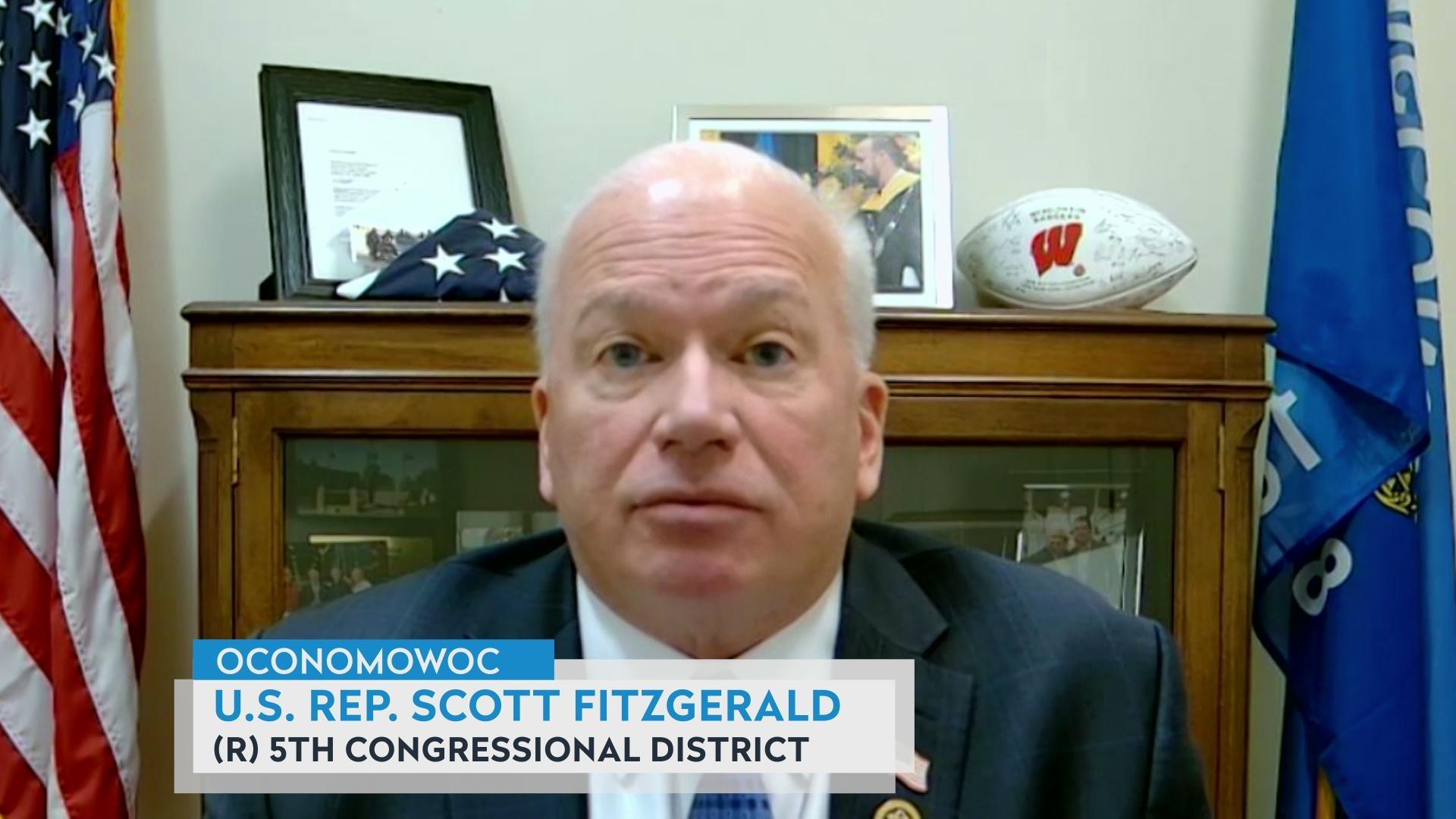
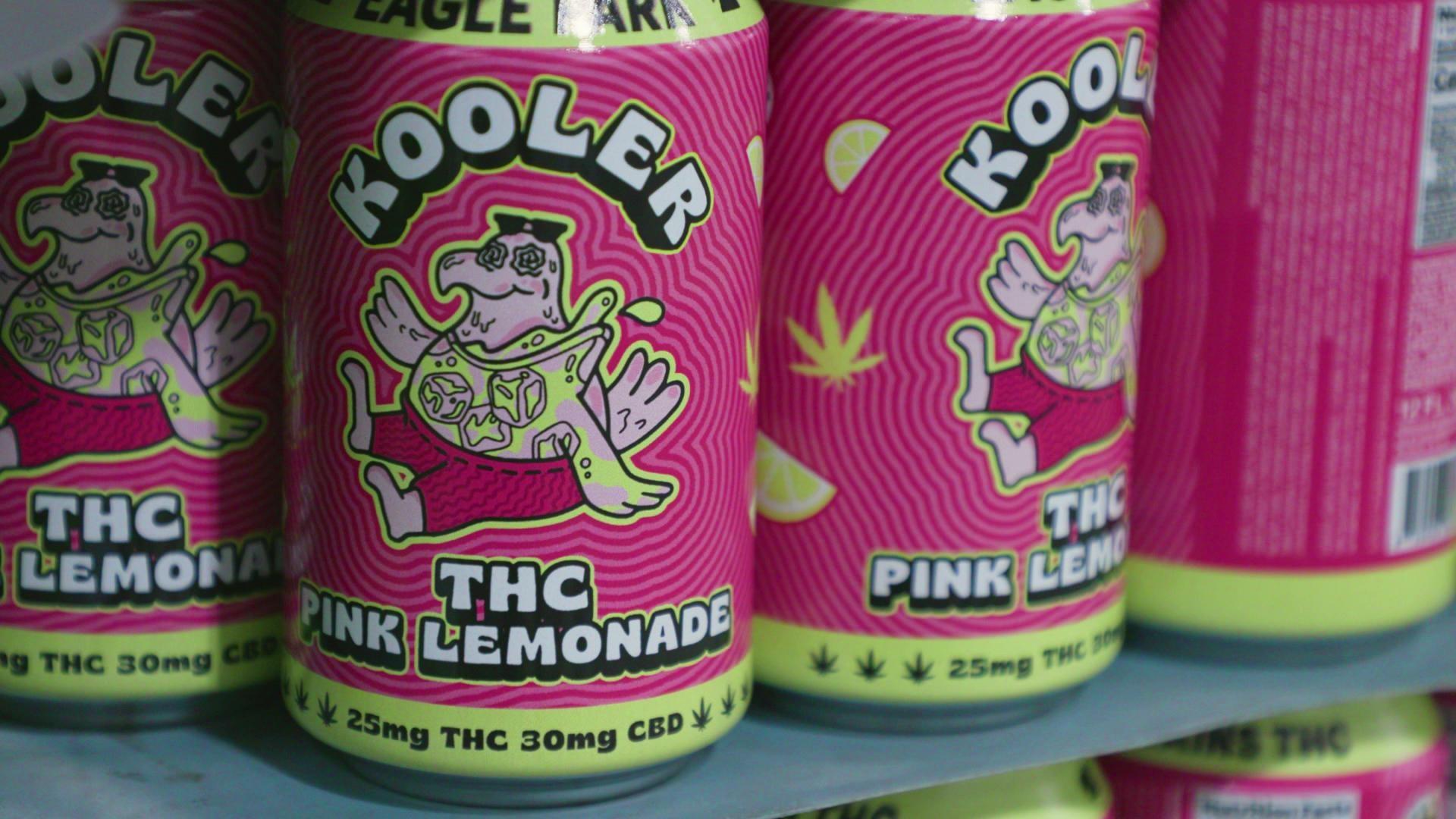
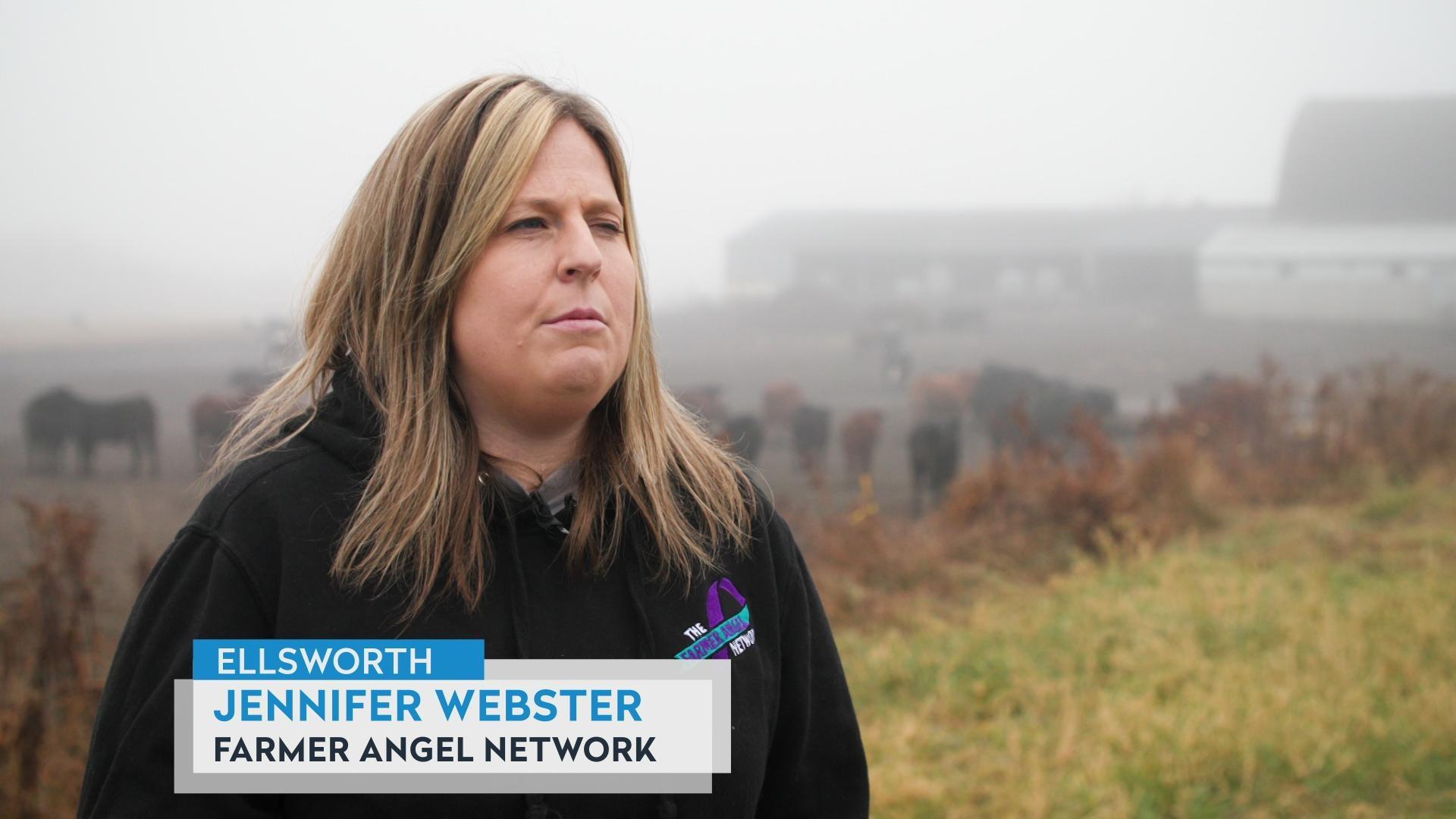
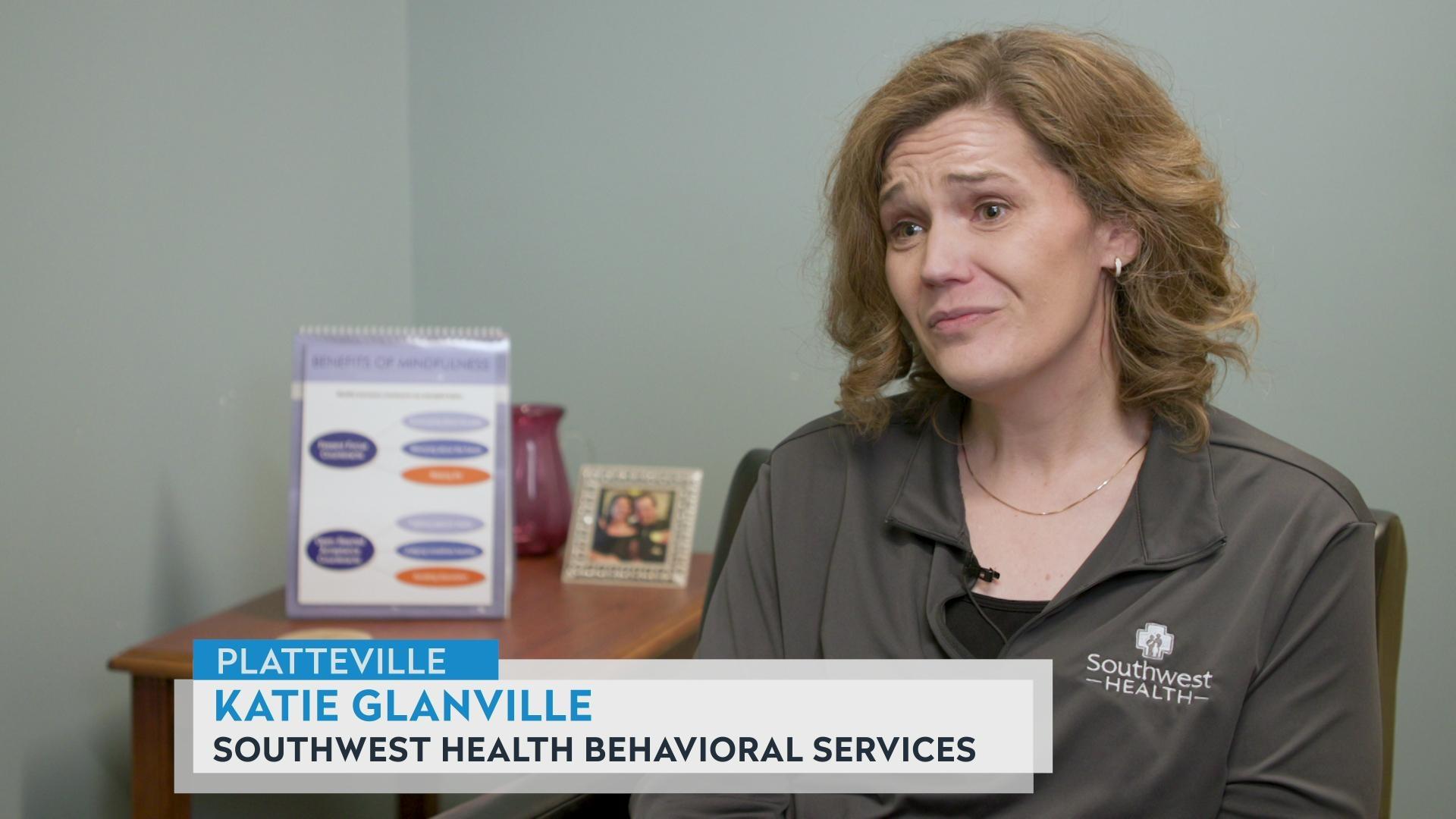

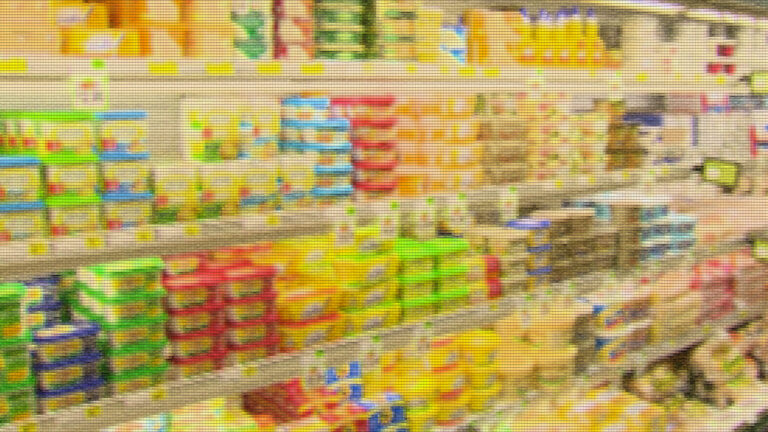

Follow Us